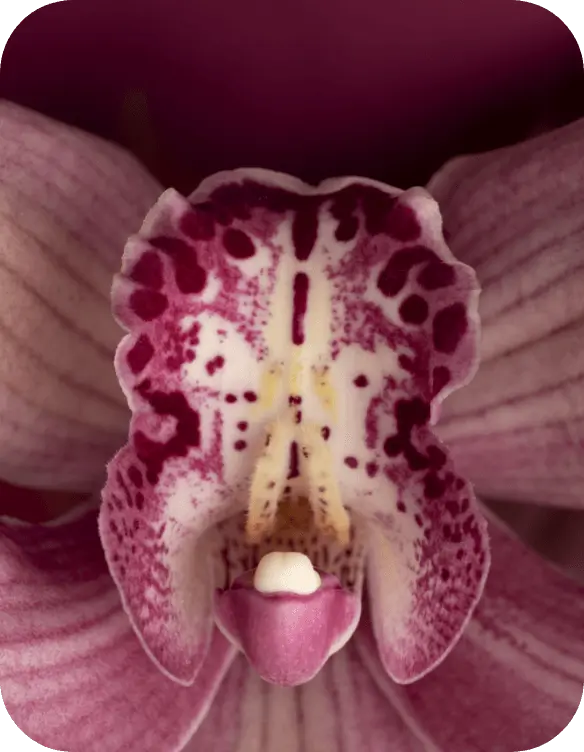Why Am I Experiencing Vulvar Itching? Common Causes and When to See a Doctor
Vulvar itching is a common but often distressing experience that can impact your comfort and confidence. While some causes are harmless and easily treated, others may require medical attention to avoid complications or ongoing discomfort. Understanding the possible reasons behind vulvar itching—and when to seek professional help—is the first step towards relief and peace of mind.
As a trusted gynaecologist in Gosford, Dr Kelly Hankins encourages women to listen to their bodies. If you’re experiencing persistent or recurring itching, especially with other symptoms like unusual discharge or pain, it’s important not to dismiss it. Early diagnosis leads to more effective treatment and better outcomes.

Vulvar Itching Causes
There are many potential vulvar itching causes, ranging from infections to skin conditions and hormonal changes. Let’s take a closer look at the most common culprits:
Vulvar Infections: Yeast (Thrush) & Bacterial Vaginosis (BV)
While BV and yeast infections share some similarities, they are very different conditions. Understanding yeast infections vs BV is crucial for proper treatment.
Yeast infections are one of the most frequent causes of vulvar itching. Symptoms include:
- Intense itching and irritation
- Redness and swelling of the vulvar
- Thick, white, cottage cheese-like discharge
Yeast thrives in warm, moist environments and can be triggered by antibiotics, high sugar intake, hormonal changes (such as pregnancy or your menstrual cycle), and even stress. Antifungal creams or oral medications are usually effective.
Symptoms of bacterial vaginosis include:
- Itching and burning
- A fishy-smelling, thin greyish discharge
- Mild irritation rather than intense inflammation
BV is caused by an imbalance of natural bacteria in the vagina and often requires antibiotic treatment.
Allergic Reactions & Irritants
Sometimes the source of irritation is external. The vulva is sensitive, and exposure to certain products can lead to contact dermatitis. Common triggers include:
- Scented soaps and body washes
- Perfumed sanitary products or wipes
- Laundry detergents and fabric softeners
- Latex condoms
Switching to gentle, unscented, pH-balanced products can often resolve the issue. Look for labels that say “fragrance-free” or “for sensitive skin.”
Vulvar Skin Conditions: Lichen Sclerosus & Lichen Planus
These chronic vulvar skin conditions are less common but important to recognise.
- Lichen sclerosus causes white patches, thinning skin, and severe itching
- Lichen planus can lead to inflammation, burning, and painful intercourse
Both conditions require medical diagnosis and may need long-term lichen sclerosus treatment with steroid creams or other therapies. Left untreated, they can lead to scarring or other complications, making early intervention critical.
Menopause and Hormonal Changes
During and after menopause, falling oestrogen levels can lead to vaginal dryness, thinning skin, and irritation. Menopause and vaginal itching often go hand in hand due to these hormonal shifts.
Helpful strategies include:
- Regular use of vaginal moisturisers or lubricants
- Low-dose vaginal oestrogen therapy (prescribed by your doctor)
- Avoiding soaps and hot water that can further dry out the area
Sexually Transmitted Infections (STIs)
Certain STIs can cause vulvar itching along with other symptoms like burning, discharge, or sores. If you’re sexually active and experiencing persistent symptoms, STI testing is an important step towards both diagnosis and protecting your sexual health.
Stress & Lifestyle Factors
It may be surprising, but stress and lifestyle choices can also contribute to vulvar itching. High stress levels can disrupt your immune system and natural flora, diets high in sugar or processed foods may feed yeast overgrowth, and tight or synthetic clothing can trap moisture and irritate skin. Taking care of your overall health—mentally and physically—plays a key role in preventing recurring irritation.
When to See a Gynaecologist
While occasional mild irritation may resolve on its own, there are clear signs that it’s time to see a women’s health specialist in Gosford:
- Persistent itching that lasts more than a few days
- Discharge with an unusual colour or smell
- Pain, burning, or bleeding
- White patches, sores, or changes in the skin’s appearance
- Recurring symptoms that keep coming back
Conditions like lichen sclerosus, STIs, or chronic infections need professional treatment. The sooner a cause is identified, the sooner you can find relief.
Treatment and Prevention
Treatment for vulvar itching depends on the cause and may include antifungal or antibiotic medications for infections, steroid creams for chronic skin conditions like lichen sclerosus, or vaginal oestrogen therapy for menopausal dryness. If an STI is suspected, prompt testing and treatment are important.
Prevention involves using gentle, fragrance-free hygiene products, wearing breathable underwear, avoiding irritants like scented wipes or harsh deodorants, and managing lifestyle factors such as stress and diet. As a women’s health specialist in Gosford, Dr Kelly Hankins provides personalised care to treat the issue effectively and help prevent future discomfort.
Vulvar itching is not something you should feel embarrassed about, and it’s certainly not something you have to live with. Whether it’s a simple infection or a chronic condition, expert care is available. Book an appointment with Dr Kelly Hankins in Gosford today for expert diagnosis and treatment. Together, you and Dr Hankins can find answers, restore your comfort, and support your long-term health.

Book a Consultation
We always offer the earliest available appointment,
and prioritise urgent patients to provide the best possible care.